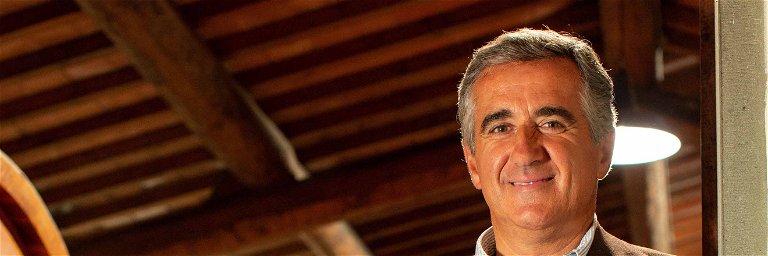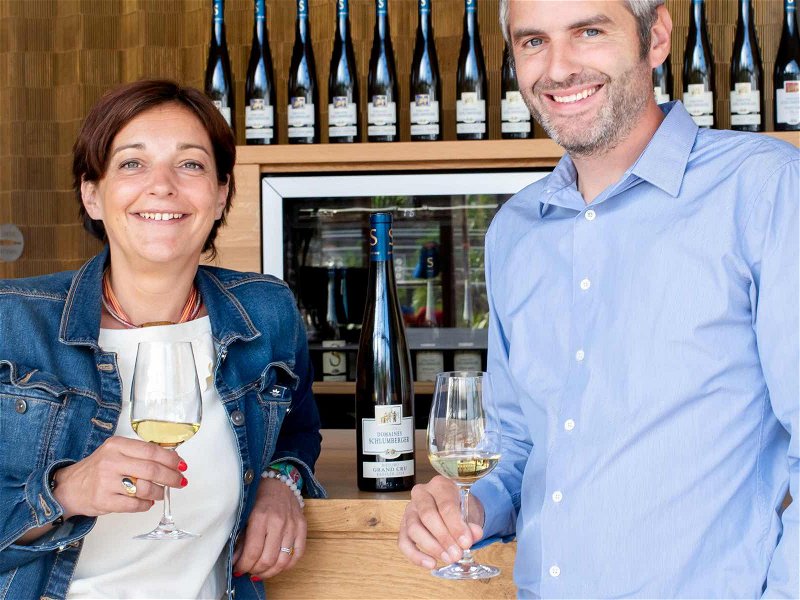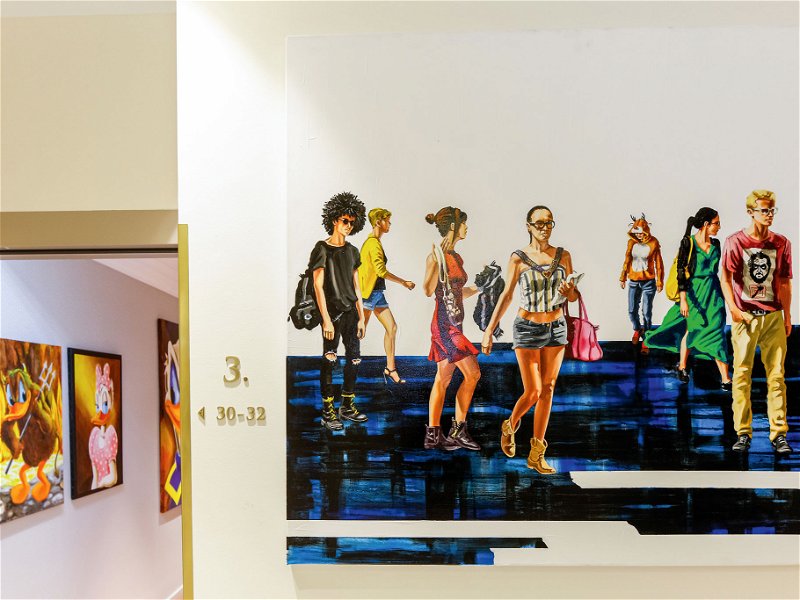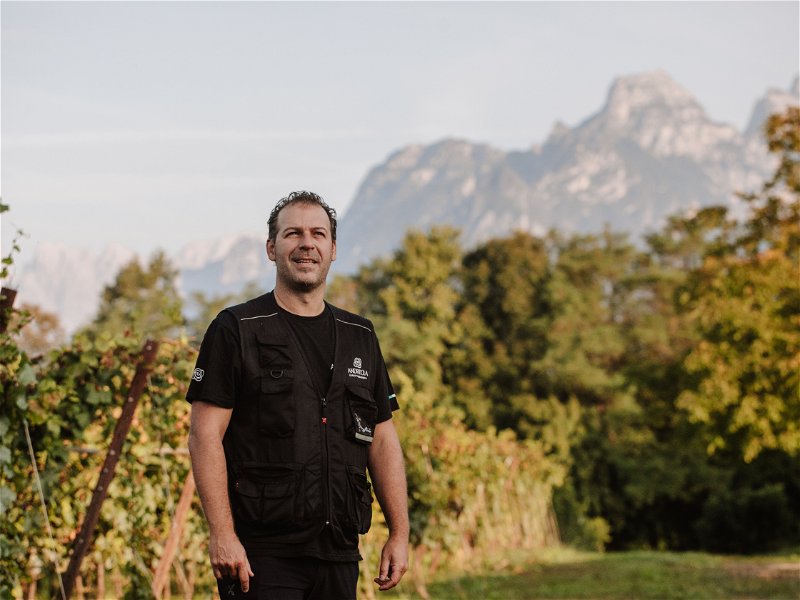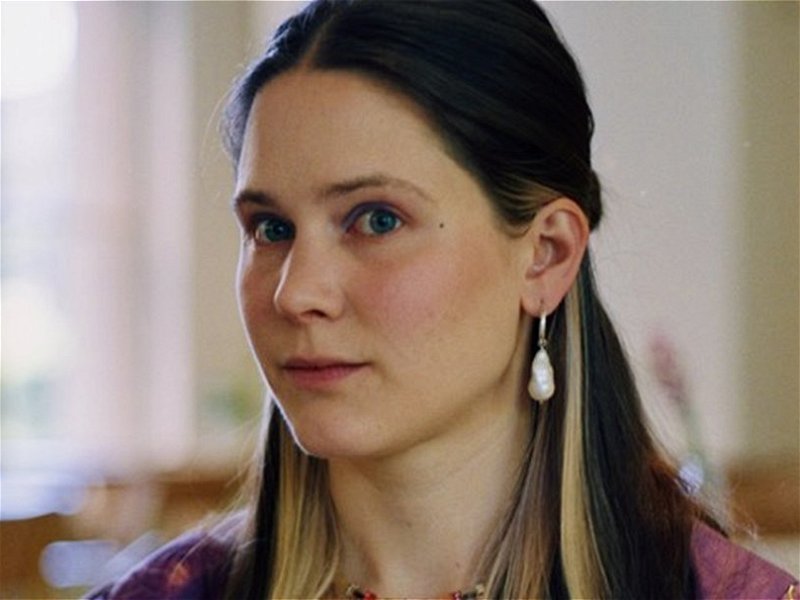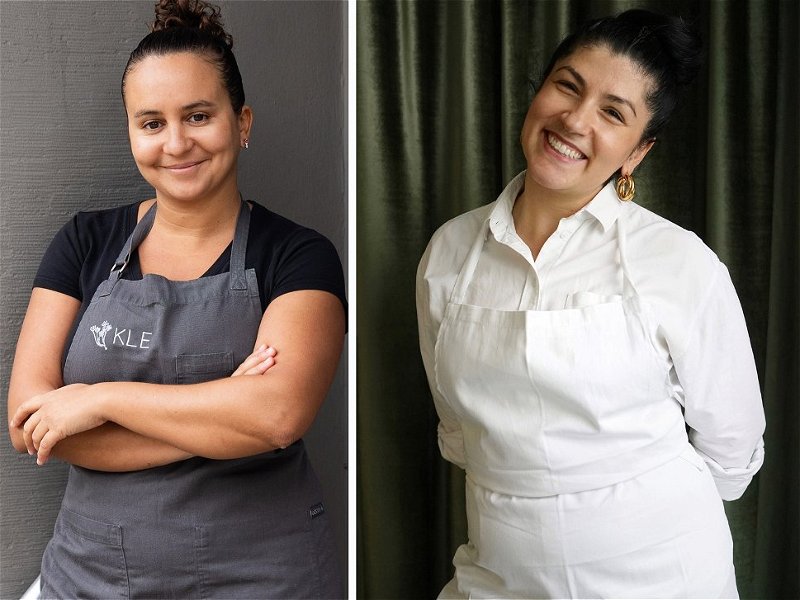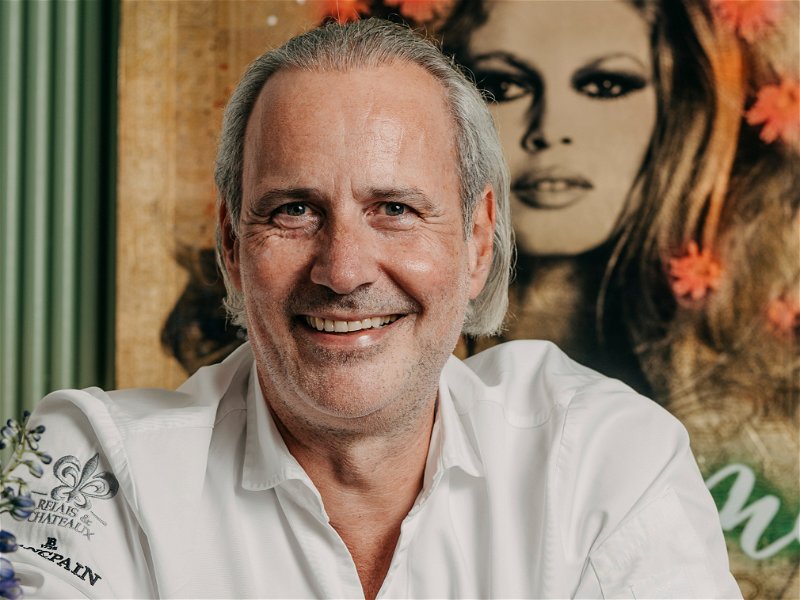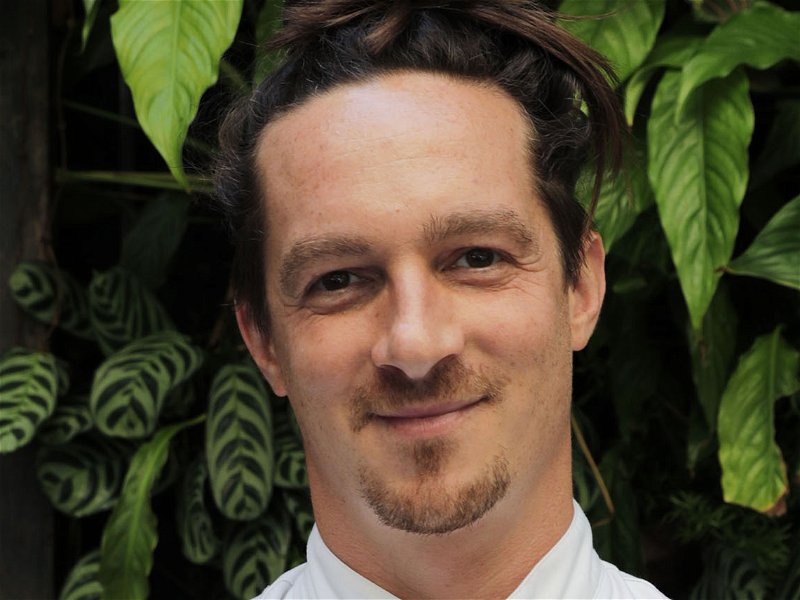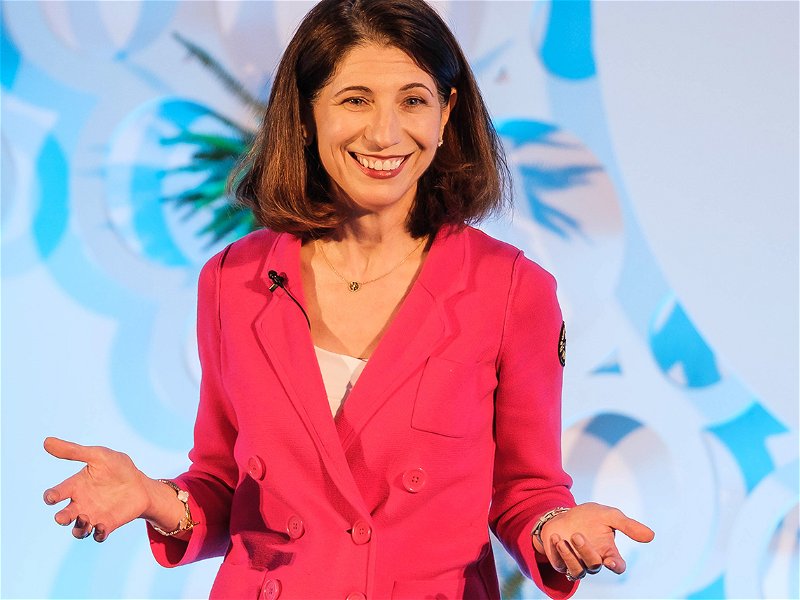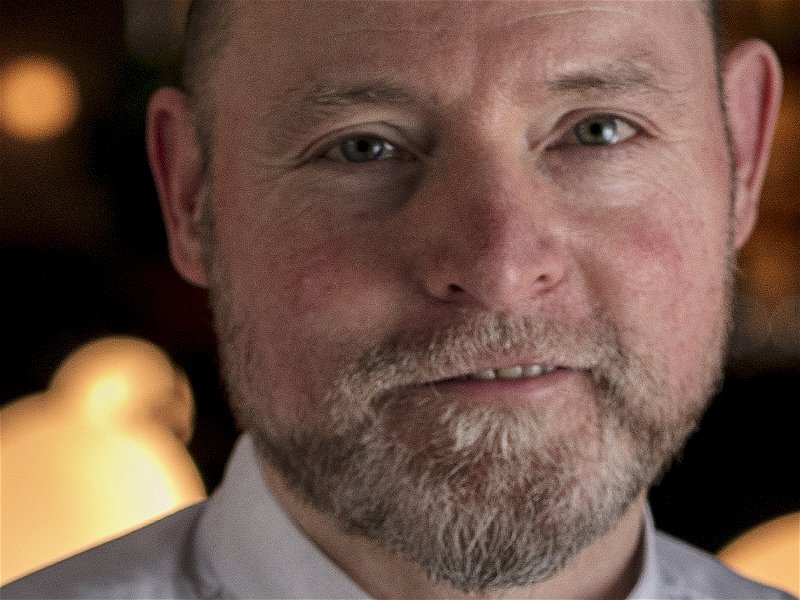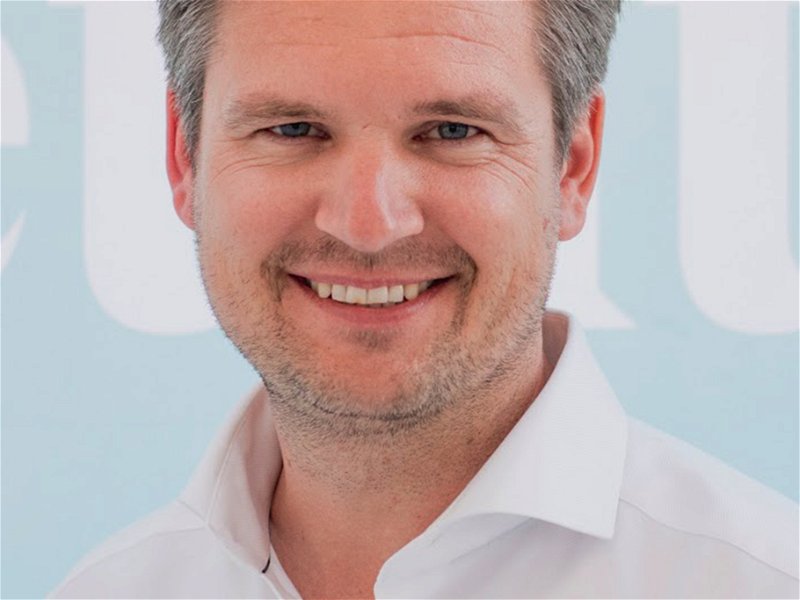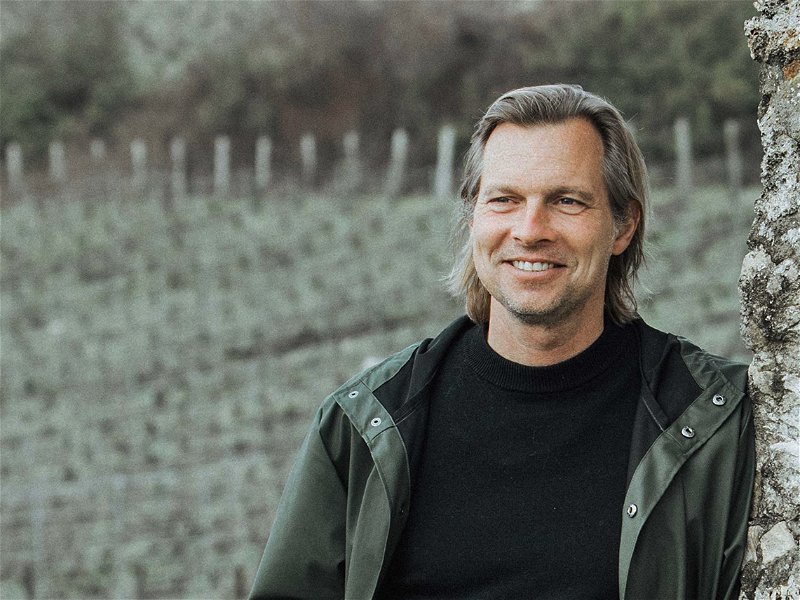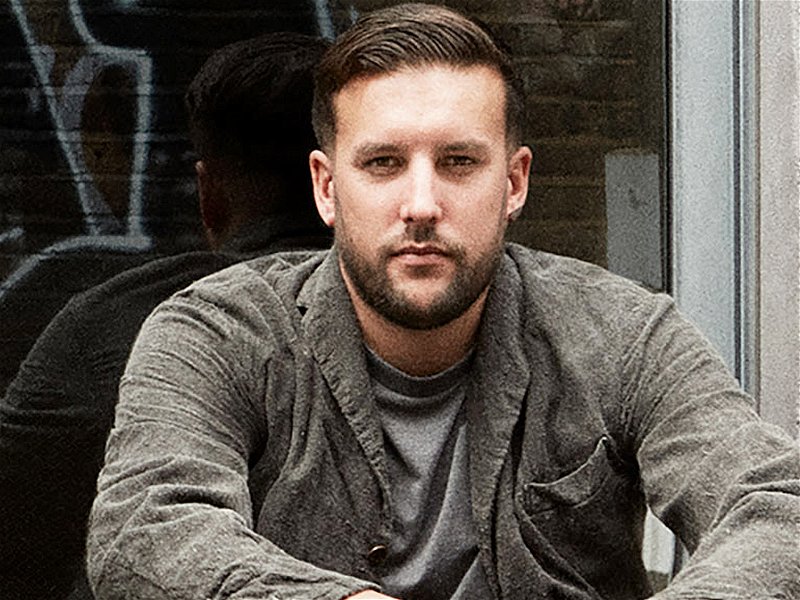Chianti Classico: Giovanni Manetti on the New Communal Appellations
Falstaff talks to Giovanni Manetti, president of the Consorzio Chianti Classico, about the new communal appellations for Chianti Classico.
Giovanni Manetti, owner of the renowned Fontodi winery in Panzano, is also president of the local Consorzio Chianti Classico, the winegrowers' association representing the interests of all the 600-plus winegrowers in the hills between Florence and Siena. Having just begun his second term in office, Manetti took up his presidency with an ambitious programme: driving forward new communal appellations that will show the municipality of origin on the Chianti Classico label. Falstaff spoke to Manetti about these developments.
Falstaff: Congratulations on being elected for a second term in office. Can you tell us more about the new appellations, the so-called UGAs (Unità Geografica Aggiunte)?
Manetti: I am very happy that my programme was approved by an overwhelming majority of winegrowers. We have been talking about the introduction of micro-zones in Chianti Classico for over thirty years. In the early 1990s, I had brought this proposal to the general meeting as well but at the time it was just met with a dry "no"! We were probably ahead of our time then. Since then, the producers’ mentality has changed decisively. Also, ever smaller designations of origin for wine have gained global importance. The Chianti Classico area is very complex. We have identified eleven different soil structures while altitudes range from 250-700m/656-2296ft. Then there are different aspects and mesoclimates. More than 65% of our area is wooded. Forests create a cooler climate and aid water retention.
Besides the geographical and geological factors, there is also a human factor and local traditions that vary from place to place. In recent years, many winemakers have joined forces at the local level, exchanged ideas, looked at how their colleagues do things, so that gradually a common style, a common identity has emerged. All this gave us the basis for a meaningful division of the entire area into eleven micro zones: Greve, San Casciano, Montefioralle, Lamole, Panzano, San Donato in Poggio, Castellina, Radda, Vagliali, Gaiole, Castelnuovo Berardenga.
Falstaff: How can I tell from the label that a wine comes from a particular appellation?
Manetti: In this first phase, we will only record the communal vineyards on Gran Selezione, which is the top denomination of Chianti Classico. The designation is voluntary. So if a producer does not want to use the appellation, or if the grapes are sourced in several communes, they will continue to call their wine simply Chianti Classico Gran Selezione without any further indication. However, it is becoming apparent that more wineries will use the new designations and come to market with several wines. Wine lovers now really want more precise indications of origin. We can only stand out and be distinct by building on the specificity of our land.
Falstaff: What will be the first vintage with a communal indication?
Manetti: Our proposal is being examined by the Ministry in Rome. If all goes well, the first Gran Selezione from the 2019 vintage with the new appellations will be released in July 2022.
Falstaff: The proposal also affects the grape varieties that can be used. What is changing there?
Manetti: That is the second important change: the share of Sangiovese has been increased from 80% to at least 90%. For the remaining 10%, the indigenous red varieties of Chianti Classico, such as Canaiolo, Colorino, Pugnitello or Malvasia Nera, may be used. French varieties are no longer permitted in the blend of the Gran Selezione. This also results in a stronger distinction between Gran Selezione and Riserva.
Falstaff: Will the UGAs also extend to Riserva and Chianti Classico?
Manetti: The intention is there. But for the next three years we want to limit the project to Gran Selezione. Then we will evaluate the whole thing and prepare the next steps.
